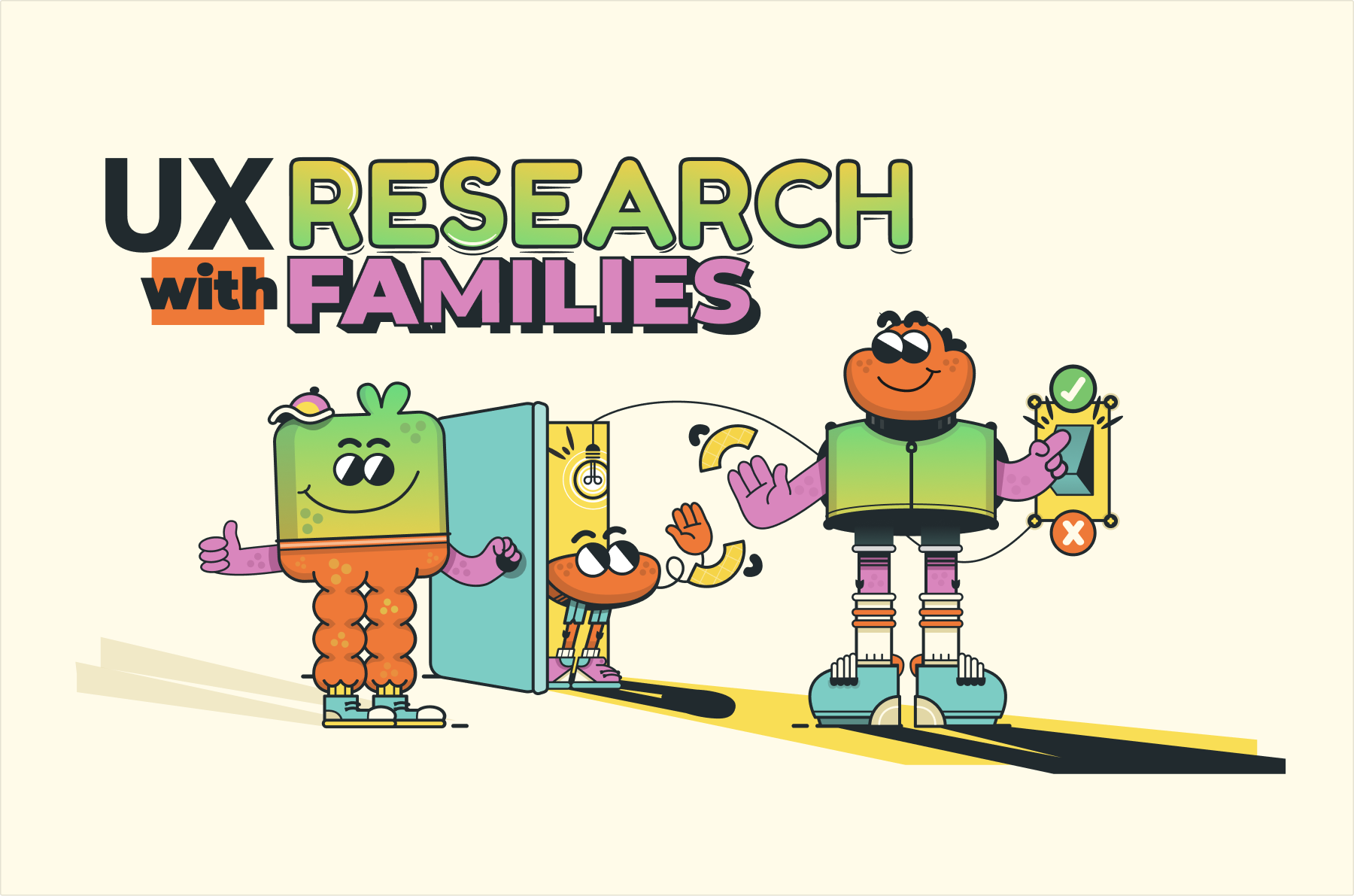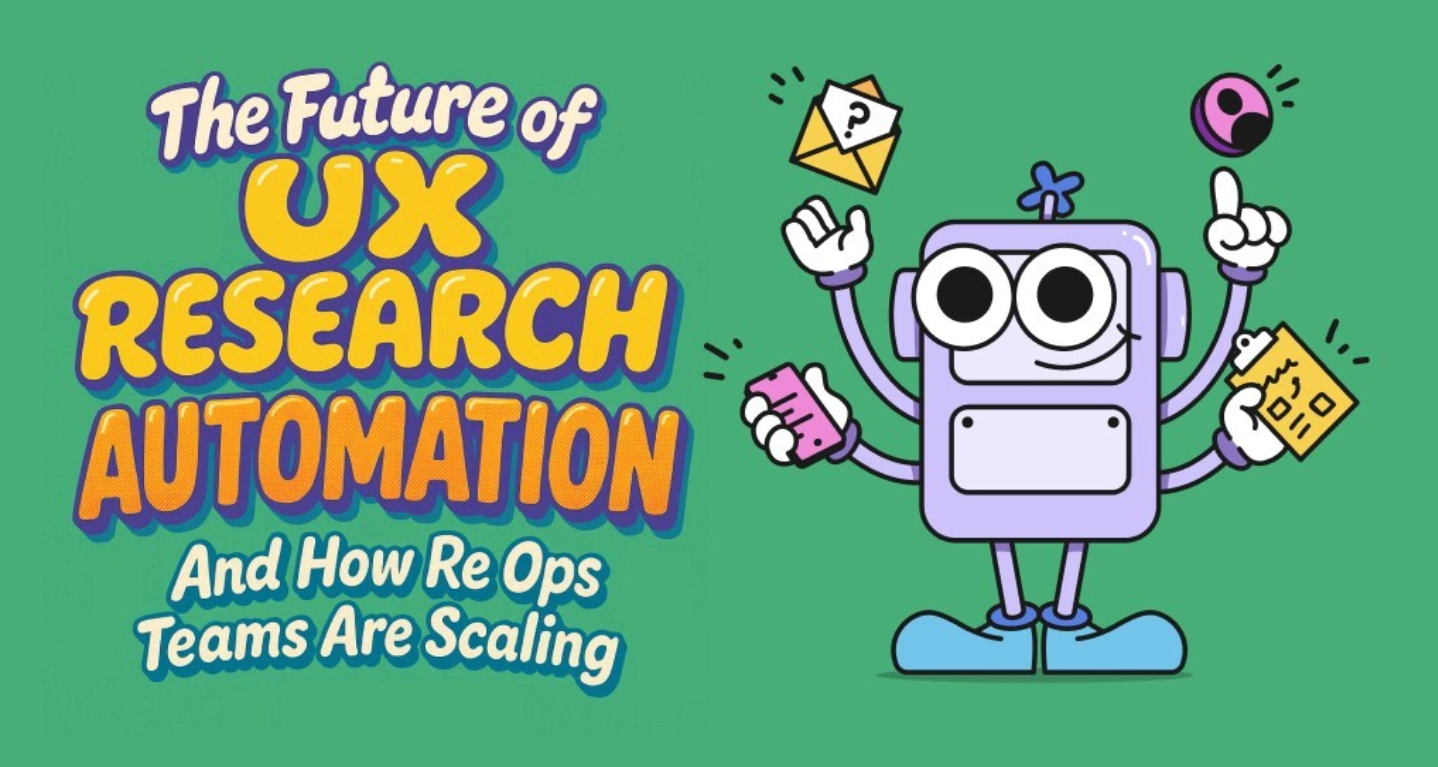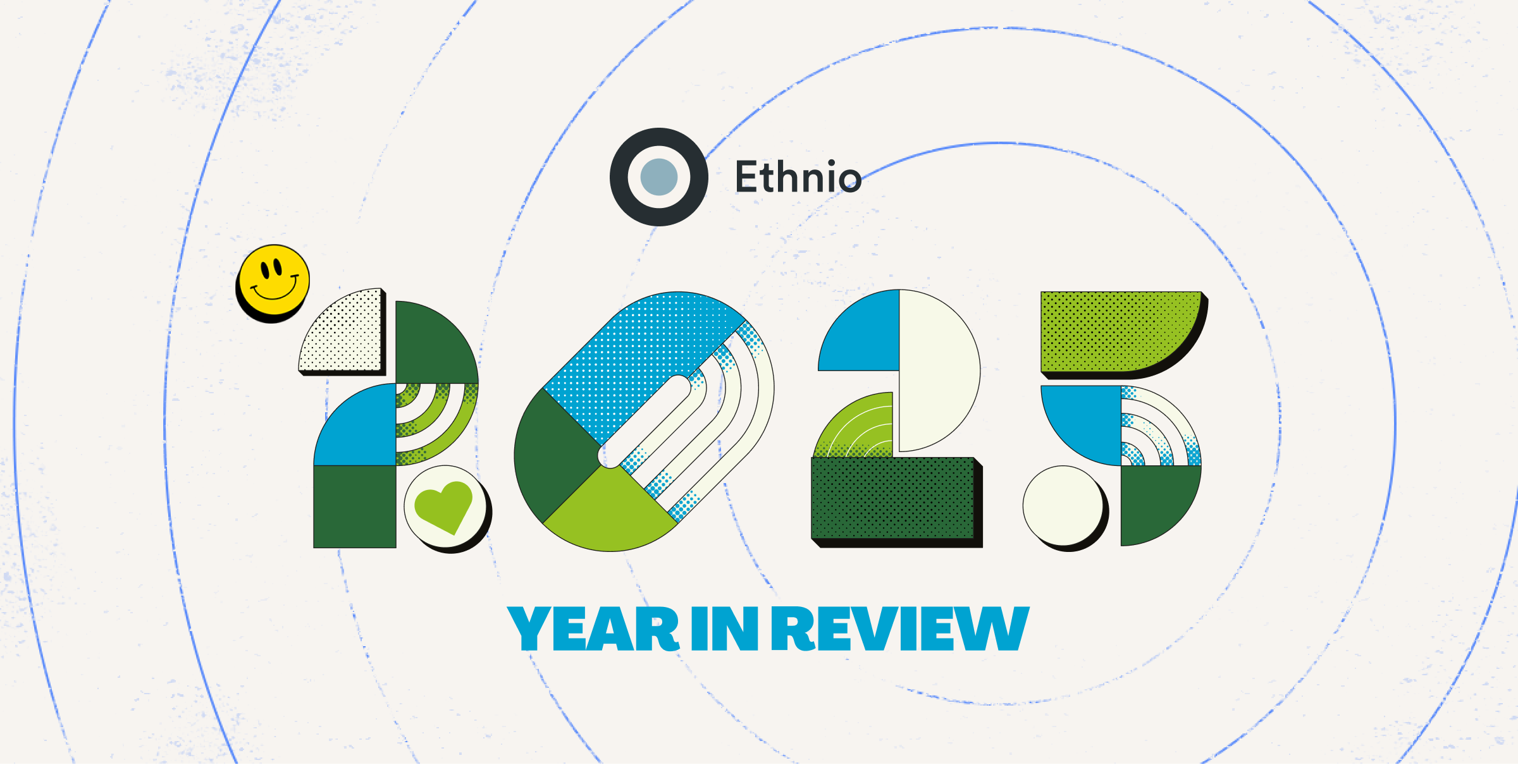The Ethnio team at UXDX EMEA 2025 in Berlin
As pioneers in user research recruiting, Ethnio was thrilled to join the UXDX EMEA 2025 conference in Berlin.
UXDX brings together UX, product, engineering, and design professionals to rethink how cross-functional teams build better products. Thanks to everyone who stopped by our booth!

This year’s conference featured keynote presentations from leaders at companies such as Miro, Microsoft, Airtable, Volkswagen, ING, and Salesforce.
With a gathering of 705 professionals across user experience, design, development, and product management, the conference offered a unique opportunity to exchange ideas and explore the latest trends shaping our fields. Panel discussions covered cross-functional collaboration, the evolving role of AI in product development, and best practices in hiring. Workshops and forums dove deep into design systems, research methodologies, and strategies for adapting to change in fast-moving product teams.
Our team left Berlin feeling energized, connected, and inspired to share some of these learnings with our broader community. Here's our recap of the biggest themes and takeaways shaping UX, product, and research right now.

Core themes
The energy around building better, more collaborative product teams was palpable. The conference addressed several critical areas of focus for modern product development and organizational transformation. Such as:
🤖 AI Integration and Human-Centered Design
One of the strongest threads running through the event was as how AI is transforming product development while maintaining human-centered principles as we continue empowering designers, PMs, and other team members to conduct research themselves. AI is rapidly reshaping the UX research tool stack. Many teams — especially at early-stage or resource-constrained companies — can’t afford a dedicated UXR function.
Speakers like Emily Yang (Standard Chartered) and Anthony Maggio emphasized how AI can accelerate workflows, but not replace judgment or empathy.
With a few prompts, AI can now generate research plans, analyze data, and highlight patterns — all in seconds. Some platforms even offer AI agents that can conduct moderated interviews. While quality varies (and human oversight is still crucial), there’s no denying AI has lowered the barrier to entry for research and made it more accessible across roles.
🔄Organizational Change and Adaptation
Multiple speakers addressed how teams and organizations navigate constant change, mergers, acquisitions, and evolving market conditions. The focus was on building resilience and adaptability while maintaining team effectiveness.
Large organizations often suffer from structural inefficiencies. Teams chase the same KPIs in silos, stakeholder maps are vague or outdated, and important decisions stall.
Sessions on mergers, shifting roadmaps, and org fragmentation (Donal O’Mahony, Tali Melchior) were a reminder: teams change faster than processes can catch up.
For research, this creates challenges:
How do you maintain continuity when teams re-org or when PMs change mid-project?
How do you avoid losing research in the cracks of shifting priorities?
🪜 Career Development and Leadership
Talks from Cliff Seal and Rhiannon White reminded us that research influence isn’t tied to hierarchy — it’s tied to visibility and clarity of impact. Several talks focused on professional growth, particularly for individual contributors, and how to build influence and thrive in complex organizational structures.
📏Measurement and Data-Driven Decision Making
The tension between quantitative metrics and qualitative insights was explored, with emphasis on building customer intuition and making informed decisions based on both data and human understanding.
🤝 Process Evolution and Team Collaboration
Speakers examined how traditional processes are evolving and how cross-functional teams can work more effectively together, particularly in the context of AI and changing organizational structures.
Key takeaways
The core themes provided essential takeaways that every product, UX, and research professional should keep in mind:
AI Augmentation Over Replacement
AI should be viewed as a tool to enhance human capabilities rather than replace them. Success comes from finding the right balance between automation and human judgment.
Embrace Change as Opportunity
Rather than fearing disruption, successful professionals and organizations learn to see change as a chance for growth and innovation.
Culture Trumps Strategy
Organizational culture and people-centered approaches consistently outperform purely strategic or process-driven initiatives.
Build Trust to Build Influence
Whether as an individual contributor or leader, building trust through consistent delivery and empathetic collaboration is essential for long-term success.
Focus on Outcomes Over Outputs
Measuring success by business impact and user value rather than feature delivery leads to more meaningful product development.
Cross-Functional Collaboration is Critical
Breaking down silos and fostering genuine collaboration across disciplines is more important than ever in the AI age.
Continuous Learning and Adaptation
The pace of change requires ongoing skill development and willingness to evolve both personally and organizationally.
There’s Power in In-Person Connection and Community
Conferences like UXDX aren’t just about sessions and presentations — they’re also invaluable for relationship building and genuine human connection.
Getting in front of designers and PMs, who have a growing demand for research, allows us to better understand their needs firsthand. Attending talks, listening deeply, and engaging with the community support the UX research ecosystem and help us all grow stronger together. As our Director of Sales, Shirin Joushanpoosh, reflected:
Meeting people with such unique backgrounds and passion for the industry was a highlight. That collaborative spirit was palpable, making the event feel less like a race and more like a shared mission.
Three ways to apply these insights in your daily research ReOps workflows with Ethnio
If you’re managing user research in a complex, fast-moving environment, tools like Ethnio can help you automate manual tasks so you can focus on insights instead of logistics.
1️⃣Democratize Research
Ethnio’s intercepts, screener links, and participant Pool allow any team member to recruit and schedule users efficiently without relying on external panels.
2️⃣Maintain Continuity Amid Change
Centralized participant management with user research CRM provide consent tracking, and integrations with help you keep research organized when priorities or teams shift.
3️⃣Scale Participant Engagement
Automated scheduling and multi-currency incentive management free up your time to focus on insights rather than logistics.
Until next year…
UXDX USA 2025 was a reminder of how fast our field is evolving and how important it is for UX professionals to stay adaptable, courageous, and proactive. From the democratization of research to UX-led AI strategies and systems thinking.
The connections made, insights gained, and community strengthened will shape how we all move forward. We’re all in this together, trying to build better, more collaborative ways of working. And events like this remind us just how possible that is.





